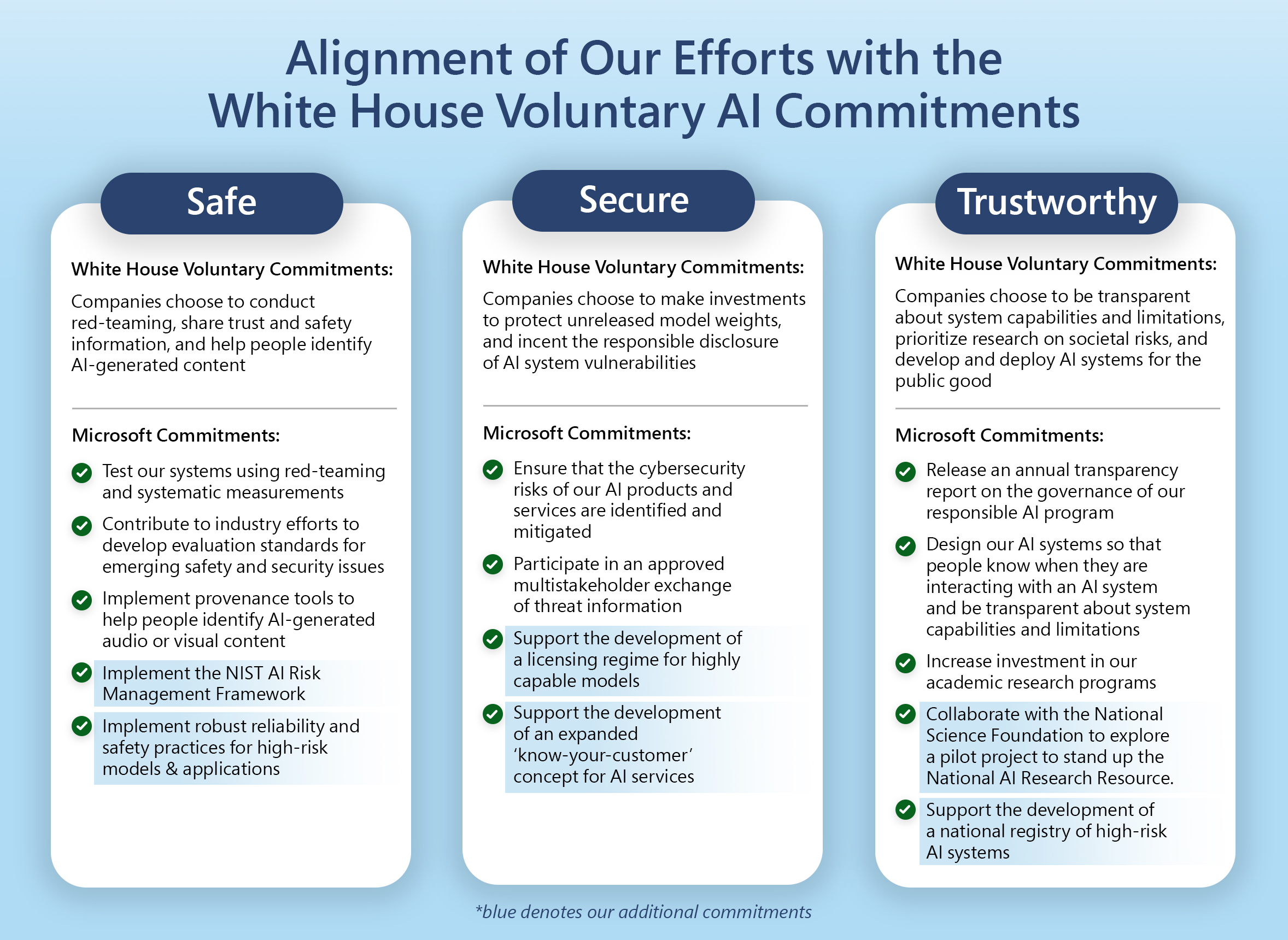Microsoft AI Chief Rejects Proposed Sector Changes Amid Industry Debate
Microsoft's AI leadership has rejected proposed changes to the artificial intelligence sector, signaling the company's stance on regulatory and operational reforms. The decision reflects broader tensions within the tech industry over AI governance and safety standards.

Microsoft AI Chief Rejects Proposed Sector Changes
Microsoft's artificial intelligence leadership has publicly rejected proposed changes aimed at reshaping how the AI sector operates, marking a significant moment in ongoing industry debates over governance, safety, and competitive positioning.
The rejection underscores Microsoft's commitment to its current strategic direction while highlighting the divergence in viewpoints among major technology companies regarding how artificial intelligence should be regulated and developed. As one of the leading players in enterprise AI deployment, Microsoft's position carries substantial weight in shaping industry norms and expectations.
The Nature of the Proposed Changes
The proposed modifications to the AI sector have centered on several key areas:
- Regulatory frameworks governing AI development and deployment
- Safety and ethical guidelines for large language models
- Transparency requirements for AI systems used in commercial applications
- Operational standards for companies developing generative AI technologies
Microsoft's rejection suggests the company believes its existing practices already meet or exceed necessary standards, or that the proposed changes would impose unnecessary constraints on innovation and market competition.
Microsoft's Strategic Position on AI Governance
Microsoft has invested heavily in AI infrastructure and capabilities, particularly through its partnership with OpenAI and integration of advanced language models into products like Bing, Edge, and Copilot. The company has also published detailed AI safety policies and frameworks, positioning itself as a responsible actor in the space.
The rejection of proposed changes aligns with Microsoft's broader strategy to maintain flexibility in how it develops and deploys AI technologies. The company has consistently advocated for industry-led standards rather than heavy-handed regulatory intervention, arguing that rapid innovation requires operational freedom.
Key Considerations in the Debate
Innovation vs. Regulation: Microsoft's stance reflects the tension between enabling rapid AI advancement and implementing protective measures. The company argues that overly restrictive frameworks could slow development of beneficial applications.
Competitive Dynamics: The rejection also signals Microsoft's confidence in its competitive position. By resisting changes that might level the playing field for smaller competitors, Microsoft protects its advantages in scale and resources.
Safety and Accountability: While rejecting specific proposals, Microsoft continues to invest in AI safety research and has published frameworks for responsible AI development, suggesting the company believes voluntary measures are sufficient.
Industry Context
The AI sector remains in a state of flux regarding governance standards. Different stakeholders—including governments, advocacy groups, and technology companies—continue to debate the appropriate balance between innovation and safety. Microsoft's rejection adds another data point to this ongoing conversation, particularly as regulatory bodies worldwide consider AI legislation.
Other major technology companies have taken varied approaches to similar proposals, with some supporting stricter oversight and others advocating for lighter-touch regulation. Microsoft's position places it among companies prioritizing operational autonomy and market-driven solutions.
Looking Forward
The rejection of proposed changes does not necessarily signal the end of the governance debate. Regulatory pressure continues to mount globally, with the European Union, United States, and other jurisdictions developing AI-specific legislation. Microsoft may face continued pressure to adopt new standards as the regulatory landscape evolves.
The company's leadership will likely need to balance its current stance with the practical reality that some form of AI governance is inevitable. How Microsoft adapts to future regulatory requirements while maintaining its innovation agenda will be a key indicator of the company's strategic flexibility.
Key Sources
- Perplexity AI Discover: Microsoft AI Chief Rejects Proposed Changes — https://www.perplexity.ai/discover/you/microsoft-ai-chief-rejects-pur-OhMxFCuCQSygCgaP0UVRYQ
- Microsoft On the Issues: AI Safety Policies and Frameworks
- Industry analysis on AI governance and regulatory trends



